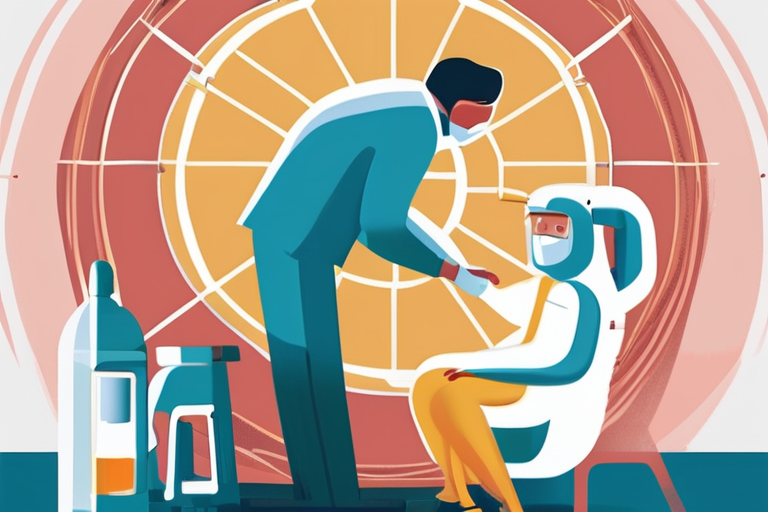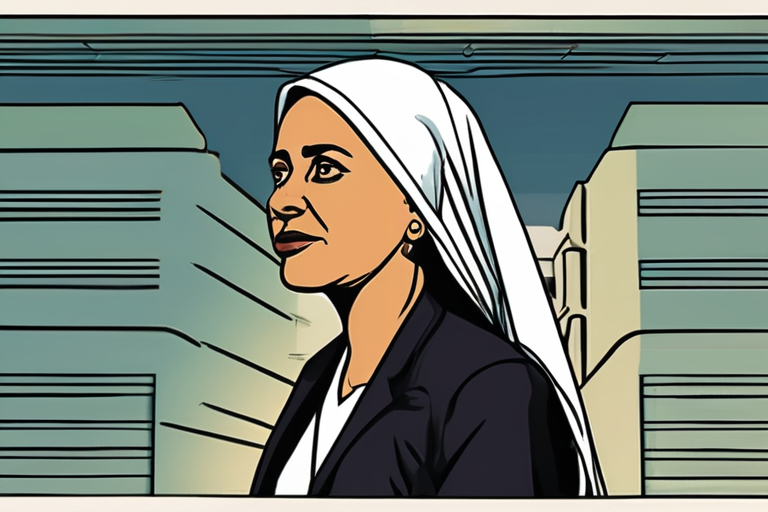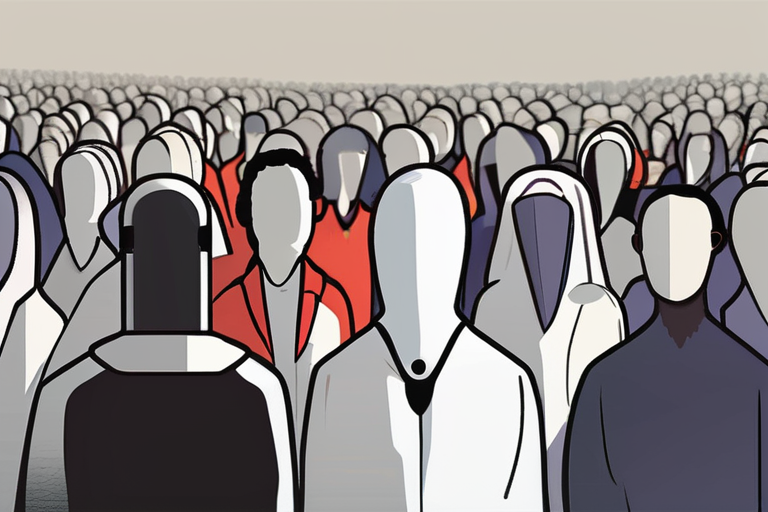Trio wins Nobel Prize in medicine for immune system research – DW – 10/06/2025


Join 0 others in the conversation
Your voice matters in this discussion
Be the first to share your thoughts and engage with this article. Your perspective matters!
Discover articles from our community

 Hoppi
Hoppi

 Hoppi
Hoppi

 Hoppi
Hoppi

 Hoppi
Hoppi

 Hoppi
Hoppi

 Hoppi
Hoppi

The Secret Life of Octopuses: Unveiling the Mysteries of Locomotion In the depths of the ocean, a creature so intelligent …

Hoppi

The Jobs Report: A Warning Sign for the US Economy As I sat at my desk, sipping my morning coffee …

Hoppi

Before U.S. Visitor Visa Ban for Palestinians, One Changed This Young Woman's Life In a poignant reminder of the human …

Hoppi

The Persistent Push to Depict Luigi Mangione and His Supporters as Terrorists: A Financial and Social Impact Analysis In the …

Hoppi

Breaking News: Sudanese Villagers Dig with Hands to Reach Landslide Victims A devastating landslide in Sudan's western Darfur region has …

Hoppi

By Emily Zemler Emily Zemler View all posts by Emily Zemler September 3, 2025 Kevin Costner and Graham Greene in …

Hoppi